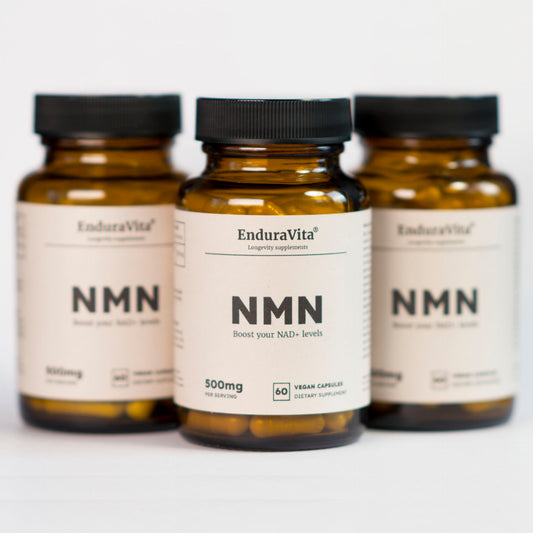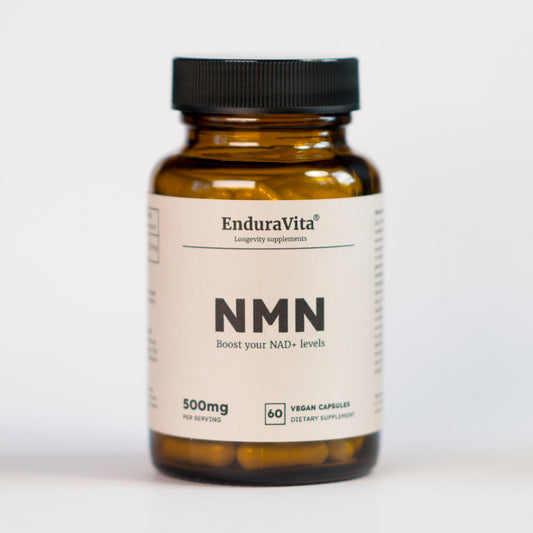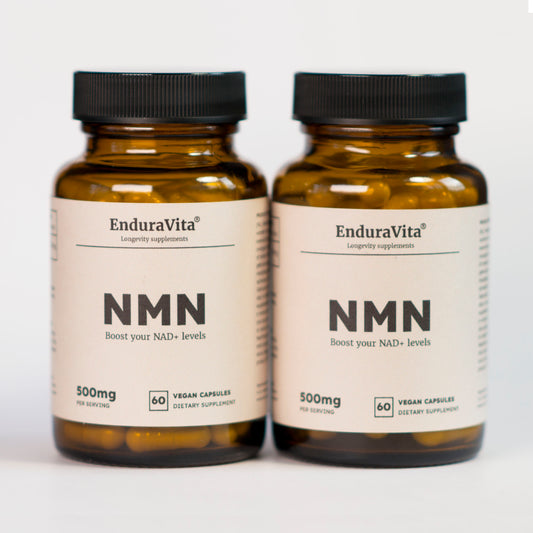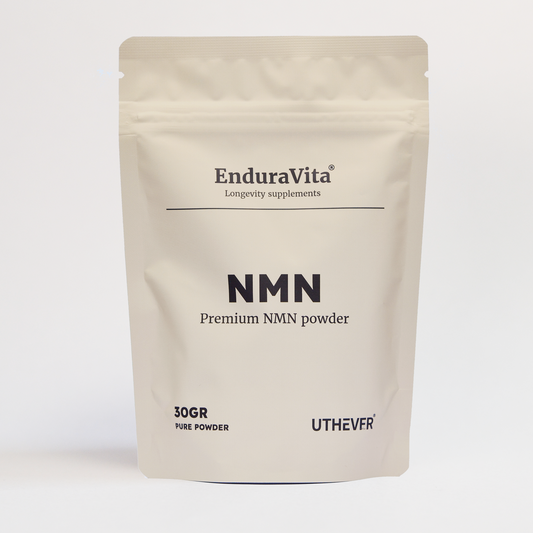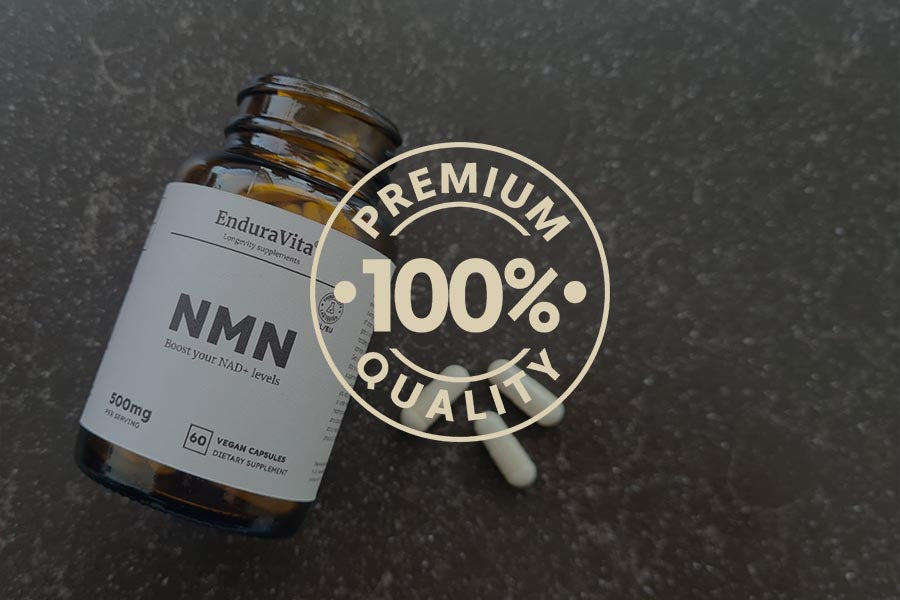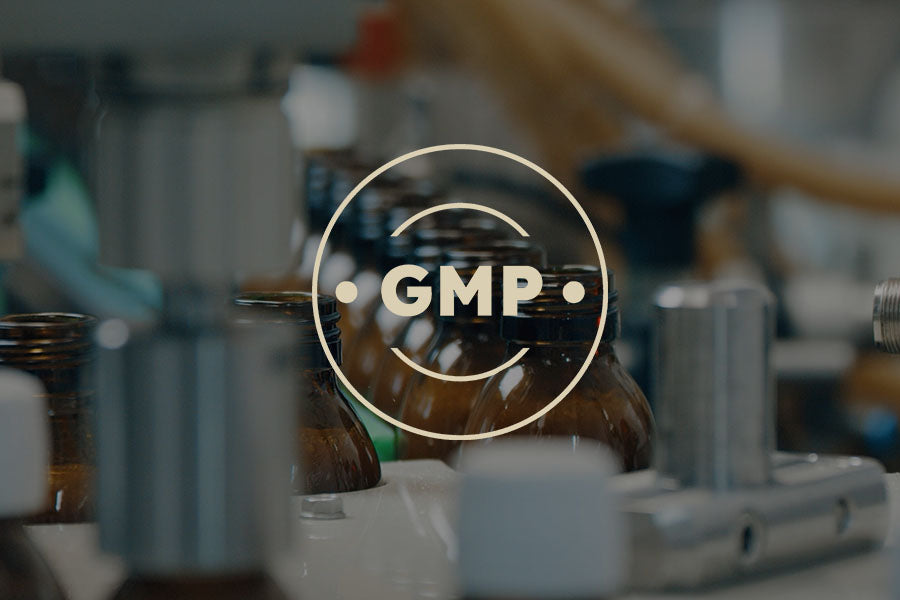Nicotinamide mononucleotide (NMN) is an important substance in breast milk, which may play a crucial role in the development of babies. This research provides insight into how NMN contributes to the health and growth of infants and why it may be important for early development.
What is NMN?
NMN is a precursor of nicotinamide adenine dinucleotide (NAD+), a molecule that is essential for cell energy and metabolism. NAD+ is involved in many biological processes, including DNA repair, cell renewal, and energy production. The presence of NMN in breast milk suggests that it may play a key role in the energy supply and growth of infants.
The function of NMN in breast milk
The research shows that NMN is a natural component of breast milk and likely contributes to the healthy development of babies. The concentrations of NMN in breast milk support the production of NAD+, which is essential for the development of vital organs and strengthening the baby's immune system.
Implications for baby development
The results suggest that NMN may play a role in improving the overall health and resilience of babies. This could have important implications for the nutrition of newborns and supports the idea that breastfeeding provides the best start for a child's growth and health.
Conclusion
The research on NMN in breast milk highlights the importance of breastfeeding as a source of essential nutrients for babies. Due to NMN's contribution to energy metabolism and immunity, breast milk possibly offers unique benefits that are difficult to replicate with artificial alternatives.
Source: https://pmc.ncbi.nlm.nih.gov/articles/PMC10780616/


